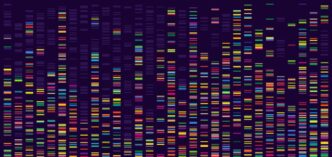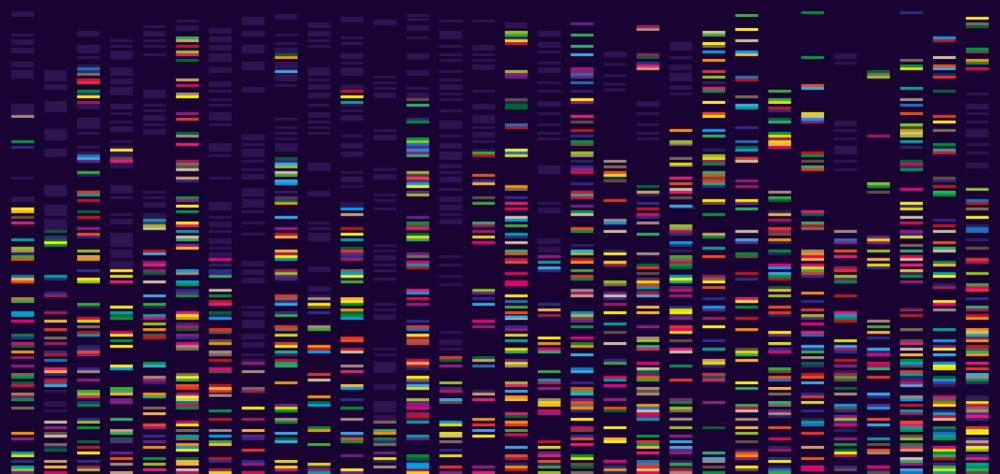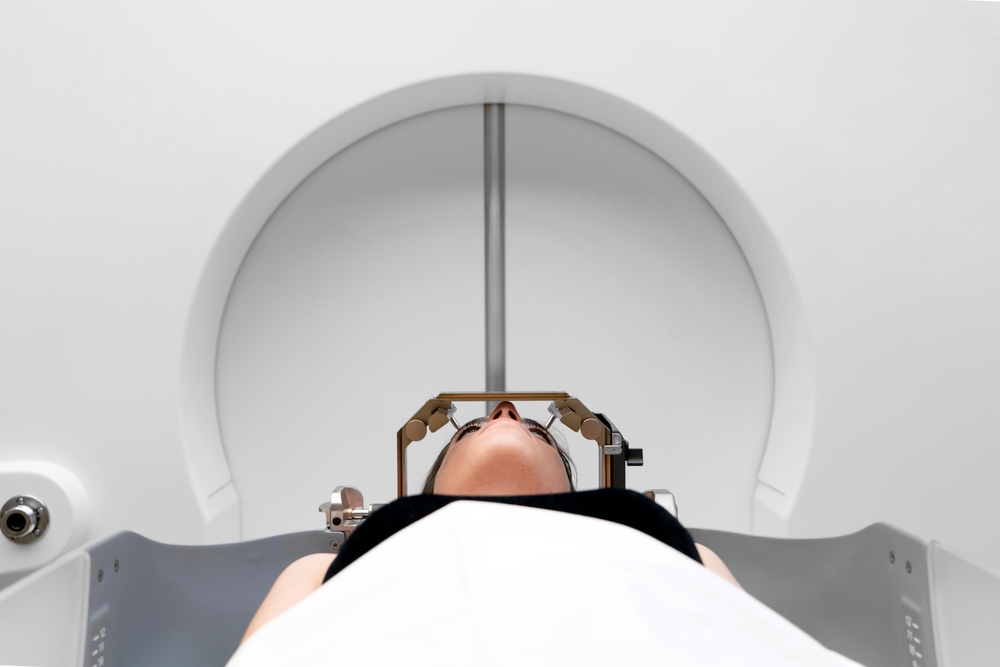Some medicines work wonders for one person but fail—or even harm—another. The secret may lie in your DNA. Pharmacogenomics studies how genes affect the way we respond to medicines, promising treatments tailored to you, with smarter healthcare decisions as well as fewer side effects and faster recovery.
WORDS LIM TECK CHOON
 FEATURED EXPERT FEATURED EXPERTPROFESSOR TS DR MAI CHUN WAI Acting Deputy Director Institute for Research, Development and Innovation (IRDI) IMU University |
MEDICINE TAILORED TO YOUR DNA
Why does the same medicine make one person feel better and another suffer side effects?
According to Prof Ts Dr Mai Chun Wai, the answer lies in our genes.
- “Pharmacogenomics is the study of how a person’s genetic makeup affects their response to medications,” he explains.
- Unlike conventional medicine, which often relies on trial and error, pharmacogenomics allows doctors and pharmacists to predict the most effective drug and the right dose for each individual.
- Think of it as moving from a “one-size-fits-all” approach to precision therapy designed specifically for your body.
WHY IT MATTERS TO THE PUBLIC
Pharmacogenomics isn’t just a fancy term — it could change how you experience medicine.
Instead of taking a drug and hoping it works, your treatment could be tailored based on your DNA.
Even simple medications, like painkillers, could be personalized.
Imagine going to your doctor and, rather than trying multiple medications over months, they already know which one is likely to work best for you.
Professor Dr Mai highlights the benefits in more detail:
- Pharmacogenomics help to reduces the risk of experiencing side effects of medications.
- The patient can save time and money as fewer trial and error prescriptions will be made.
- The patient will receive medicines that actually work for them.
For example, someone struggling with migraines may finally find a drug that works the first time, or someone at risk of a dangerous reaction could be warned before they take a certain medicine.
HOW PHARMACOGENOMICS BENEFIT PHARMACISTS
This approach also empowers pharmacists.
Their training in how drugs interact with the body positions them to:
- Interpret genetic test results.
- Tailor medication regimes.
- Advise doctors on dosage and drug selection.
- Help patients understand what their genetic information means.
“Pharmacogenomics will change the way healthcare professionals practice medicine,” says Professor Dr Mai, “shifting therapy from general frameworks to what patients will actually respond to.”
PHARMACOGENOMICS IN MALAYSIA
In Malaysia, interest is growing.
- Some community pharmacists and general practitioners already recommend genetic testing to their patients, sending the resulting samples to laboratories for sequencing.
- The first Malaysia Pharmacogenomics Summit in 2024 brought together researchers, hospitals, and policymakers to discuss pilot projects, guidelines, and training.
Professor Dr Mai notes challenges ahead:
- “We need more local data relevant to our population. Most existing research is based on Western populations, with limited Asian data,” he says.
- He also adds that ethical frameworks, clinical guidelines, and resources need to be drawn in ordre to integrate pharmacogenomics into everyday medical practice.
LOOKING AHEAD
The promise of pharmacogenomics is clear: a future where medicines are tailored to individuals, reducing side effects and improving outcomes.
Success will depend on education for healthcare professionals, public awareness, affordable access to genetic testing, and integration into medical and pharmacy training.
“In time, as more doctors, pharmacists, and patients understand and embrace pharmacogenomics, we can look forward to more effective, personalized healthcare in Malaysia,” says Professor Dr Mai. “It’s not just about new technology — it’s about changing how we think about medicine itself.”
| This article is part of our series on the latest innovations in cancer treatment. |












